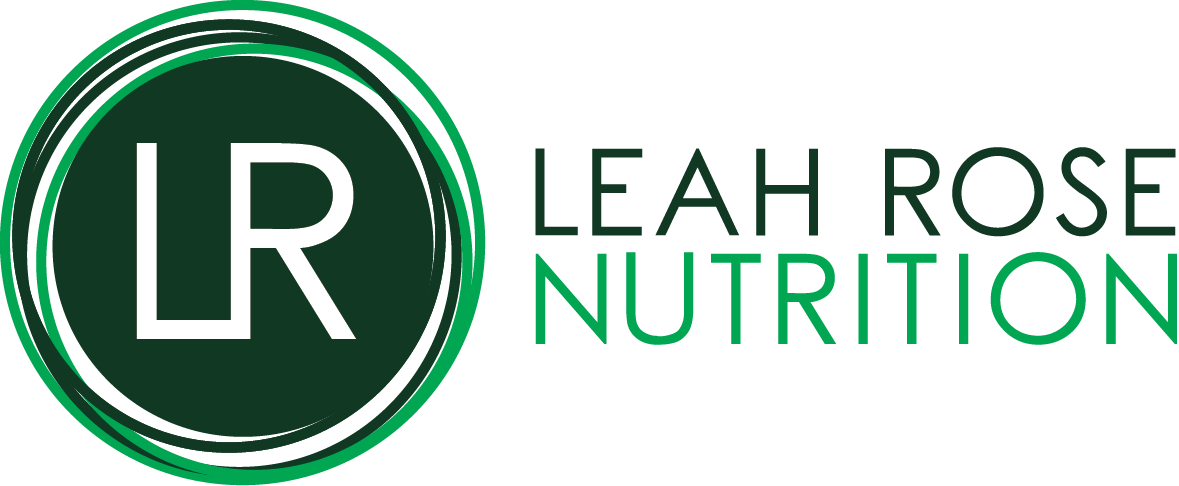Menopause & Nutrition: Are You Making These Common Mistakes?
3 common nutrition myths, explained.
Myth 1: Menopause Nutrition is only for the over 50s
“You must be too young to know about menopause” is something people frequently say me. I thank them for what I think is intended as a complement and then I hit them squarely between the eyes with “I have no ovaries, they were removed when I was 38”. Then I pause for a moment to let that sink in.
No ovaries (surgical oophorectomy) is the same as having ovaries that no longer produce hormones. Both mean menopause. So, it’s a topic super close to my heart and one within which I have lots of insight to share.
It means that I understand what my clients are facing, feeling, and thinking. I’ve read for hours and hours about this topic, studied, learned, and practiced as much as I can – which means you don’t have to. I can pick the bits that are most relevant to you and help you apply and benefit from them. Pretty cool, huh?
Remember - menopause can (and will) happen at any age, and its never to soon to start learning about it!
Myth 2: Menopause nutrition is about managing symptoms
This kind of suggests that for those sailing through menopause with no symptoms nutrition doesn’t matter, and that for those experiencing ALL the symptoms nutrition can somehow fix that - it can’t.
More importantly, focusing on symptoms misses the point – and it’s a serious one.
Whether or not you experience symptoms of menopause you will experience a decline in the hormones oestrogen, progesterone and testosterone. Amongst many functions, some of the things these hormones are important for include heart health, bone density, and brain health. These are 3 super important parts of health that can decline with age but this decline isn’t necessarily felt in terms of symptoms until something happens like a heart-attack, stroke, or Alzheimer’s.
The truth is that nutrition can’t compensate fully for any kind of hormone decline – only hormones can replace hormones.
But nutrition CAN help support these key areas of health, especially when coupled with lifestyle changes - irrespective of whether or not you experience menopause symptoms. To my mind, that means that EVERY woman should be considering the role of nutrition in menopause – whether or not she experiences symptoms.
Myth 3: Weight gain is inevitable in menopause
No! A tough one, and a biggie, this is complicated so bear with me. Something shifts over time, and it’s not just your hormones; it’s your lifestyle as well.
What you eat now, how much you move, the age of your kids, the state of your relationships, any injuries and surgeries, what you do for work, other aspects of health, what your holidays and social events look like – all of these things change over time - but the shift in them is so gradual over such a long time, you might not recognise it happening.
Declining hormones that affect how you feel impact all these things - yes. But, overall, the result is that if we don’t use the same amount of energy as we used to and/or that we consume more energy over time, then we put on weight. You see, declining hormones don’t mean more body fat per se; declining hormones mean an environment that may be conducive to more body fat being stored – and these two things are not the same.
The really good thing about this is that it means you totally can take back some control. Weight gain is not inevitable with menopause – and weight loss is totally possible, too.
Help me get the word out!
Nutrition is super important for health before, during and after menopause but it’s an area still shrouded in myth.
If you’ve found this article useful or thought provoking please it with others who might benefit, too.
Upcoming event and further resources
Book onto my Menopause Masterclass
Read: Menopause and Diet: What if You Can’t Take HRT? — Leah Rose Nutrition
